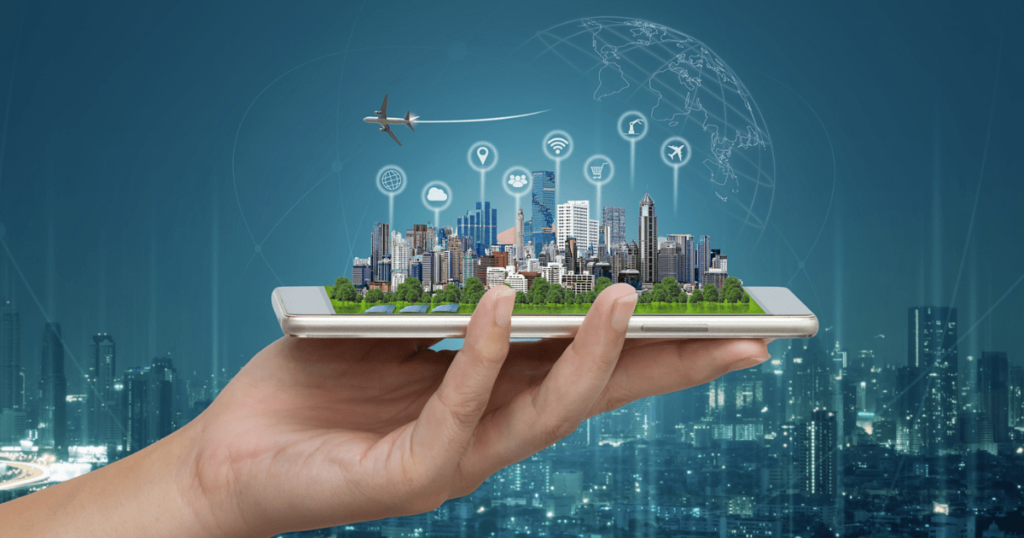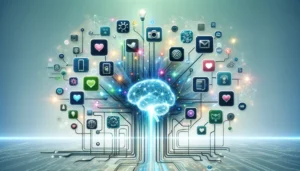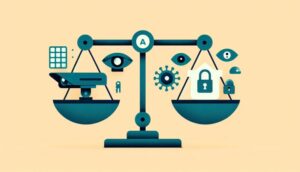Smart Cities and the Role of AI in Urban Planning

The concept of smart cities is rapidly gaining traction as urban populations grow, and cities face the increasing demands of sustainability, efficiency, and livability. A smart city uses advanced technology and data analytics to optimize its infrastructure, services, and resources. Central to this transformation is Artificial Intelligence (AI), which plays a pivotal role in urban planning, enabling cities to evolve into more responsive, efficient, and sustainable environments.
What Are Smart Cities?
Smart cities integrate digital technologies into everyday urban operations to improve quality of life, reduce environmental impact, and enhance economic growth. These cities rely on connected devices, sensors, and data networks to monitor and manage everything from traffic flows to energy consumption. The primary goal is to create a city that can anticipate needs, improve service delivery, and foster sustainable growth while ensuring citizen well-being.
AI and Machine Learning (ML) are at the heart of this transition, allowing for the collection, analysis, and actionable insights from vast amounts of data generated by the city’s operations. These insights help urban planners make more informed decisions, driving innovation and improving overall city management.
Key Roles of AI in Urban Planning
1. Smart Traffic Management
Urban traffic is one of the most significant challenges for modern cities. Congestion, pollution, and accidents are major issues that affect both the economy and quality of life. AI can help alleviate these problems through intelligent traffic management systems. By analyzing data from sensors and cameras, AI can predict traffic patterns, identify congestion hotspots, and optimize traffic signals in real-time. This ensures smoother traffic flow, reduces travel time, and lowers emissions from idling vehicles.
Additionally, AI can integrate with autonomous vehicle systems to further enhance transportation networks, improving the efficiency of public transport, and contributing to the reduction of traffic accidents caused by human error.
2. Optimizing Energy Use
Smart cities rely on efficient energy use to reduce costs and minimize their environmental impact. AI plays a crucial role in optimizing energy consumption by analyzing usage patterns, predicting demand, and automating energy distribution. Smart grids, powered by AI, can adjust the flow of electricity to different parts of the city, optimizing energy consumption in real-time.
For example, AI algorithms can be used to predict peak energy demand times and enable power utilities to prepare for and manage load distribution more effectively. Additionally, AI can assist in integrating renewable energy sources, such as solar and wind, into the grid, ensuring that these sustainable resources are used efficiently.
3. Waste Management and Recycling
AI-powered systems are revolutionizing waste management in smart cities. Through the use of sensors embedded in waste bins and trash collection vehicles, AI can track waste levels and optimize collection routes. This reduces fuel consumption and ensures that waste is collected in a timely manner.
Moreover, AI helps cities improve recycling rates by identifying recyclable materials through image recognition. This leads to better sorting at recycling centers and reduces contamination in recycling streams, thus contributing to more sustainable waste management practices.
4. Urban Infrastructure Maintenance
Maintaining and upgrading urban infrastructure is critical to the longevity and safety of cities. AI can predict when infrastructure like roads, bridges, and pipelines will need maintenance or replacement by analyzing data from sensors that monitor structural health. AI-powered predictive analytics can help identify weaknesses before they become major problems, reducing costs and minimizing disruption to the public.
For instance, AI can be used to analyze data from sensors embedded in bridges to predict potential failure points. These insights allow city planners to schedule repairs or maintenance in a proactive manner, improving safety and extending the lifespan of critical infrastructure.
5. Public Safety and Security
AI also plays an important role in enhancing public safety and security. Cities use AI to analyze data from surveillance cameras and other security systems to detect potential threats, such as criminal activity or emergencies. By identifying patterns and anomalies, AI can help law enforcement agencies respond quickly to incidents and prevent crimes.
Moreover, AI can assist in disaster response by predicting natural disasters like floods, earthquakes, or hurricanes. It can analyze historical data and environmental factors to provide early warnings, giving residents and authorities time to prepare for and mitigate the impact of these events.
6. Smart Healthcare Systems
AI is transforming healthcare systems within smart cities by improving service delivery and patient care. AI-powered systems can monitor health trends, manage patient records, and assist in diagnostics, leading to quicker and more accurate medical responses. In smart cities, data from wearable devices, hospitals, and public health systems are integrated to identify health trends and provide personalized healthcare solutions.
AI can also optimize hospital management by predicting patient needs, managing emergency responses, and improving resource allocation. This ensures that healthcare services are delivered more efficiently and effectively to city residents.
Benefits of AI in Smart Cities
- Enhanced Efficiency: AI allows cities to run more efficiently by automating routine tasks and making better decisions based on data-driven insights.
- Sustainability: Through smart resource management, AI helps cities reduce their environmental footprint by optimizing energy consumption, waste management, and water usage.
- Improved Quality of Life: AI helps cities become more livable by improving traffic, healthcare, and public safety systems, leading to healthier, safer, and more connected communities.
- Cost Savings: By reducing inefficiencies and predicting maintenance needs, AI helps cities save money in the long run while enhancing service delivery.
Challenges and Ethical Considerations
Despite the potential benefits, the integration of AI in urban planning also presents challenges. Data privacy and security are paramount concerns, as cities must ensure that personal data collected from citizens is protected and used responsibly. Additionally, the reliance on AI for decision-making could lead to biases if the algorithms are not properly trained and monitored.
Furthermore, the implementation of AI technologies requires substantial investment, both in terms of infrastructure and human resources. Cities must also ensure that AI-driven systems are inclusive and accessible to all residents, avoiding the creation of digital divides.
Stay ahead with ITBusinessNews – Your trusted source for Technology and Business news. Fast & Precise




